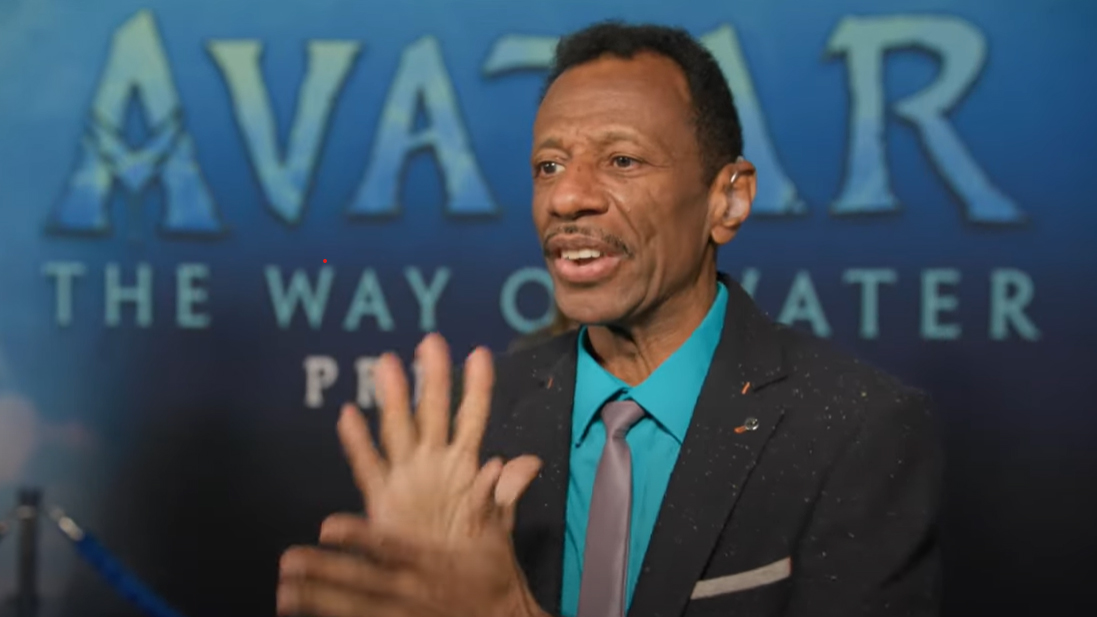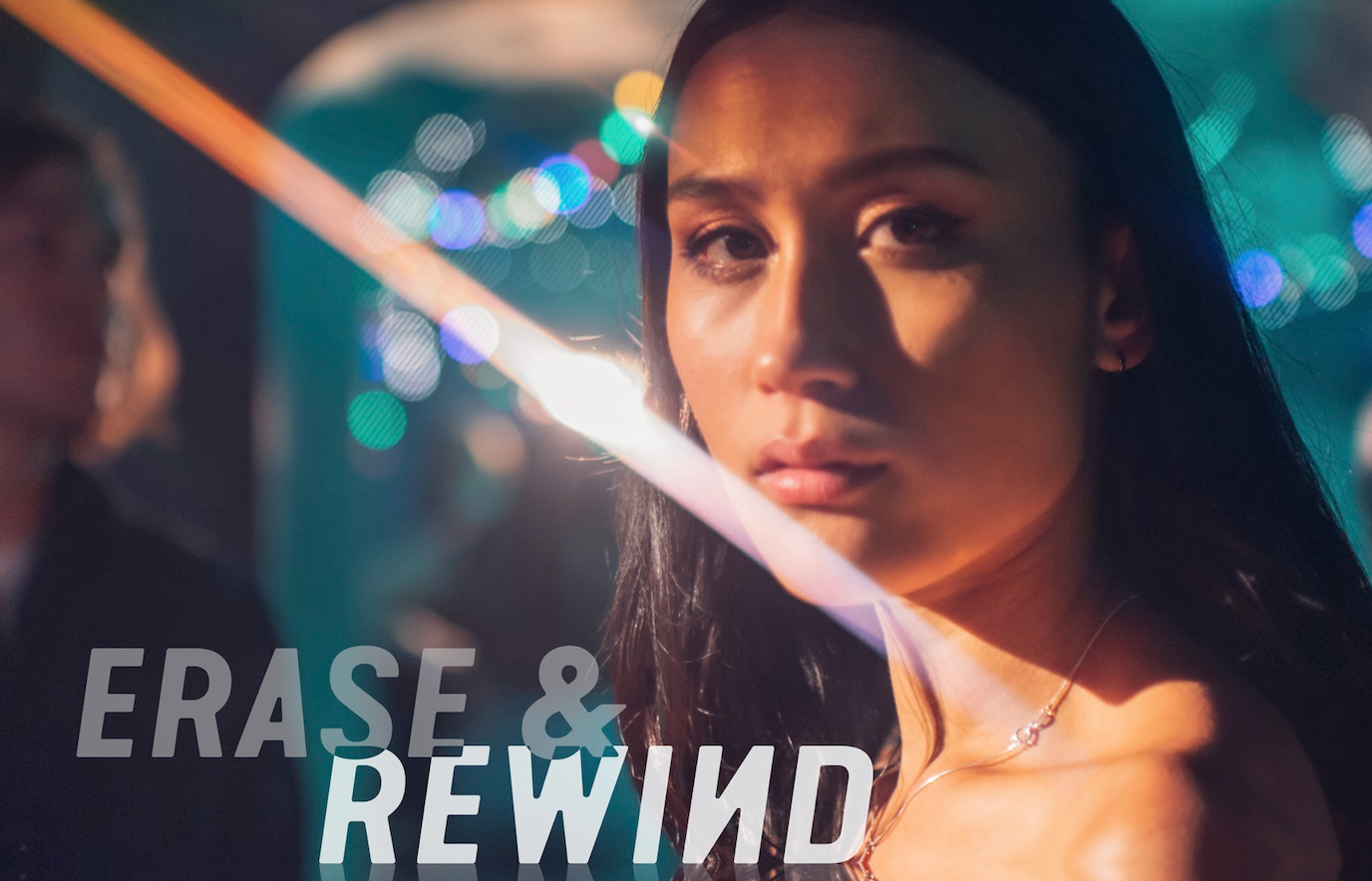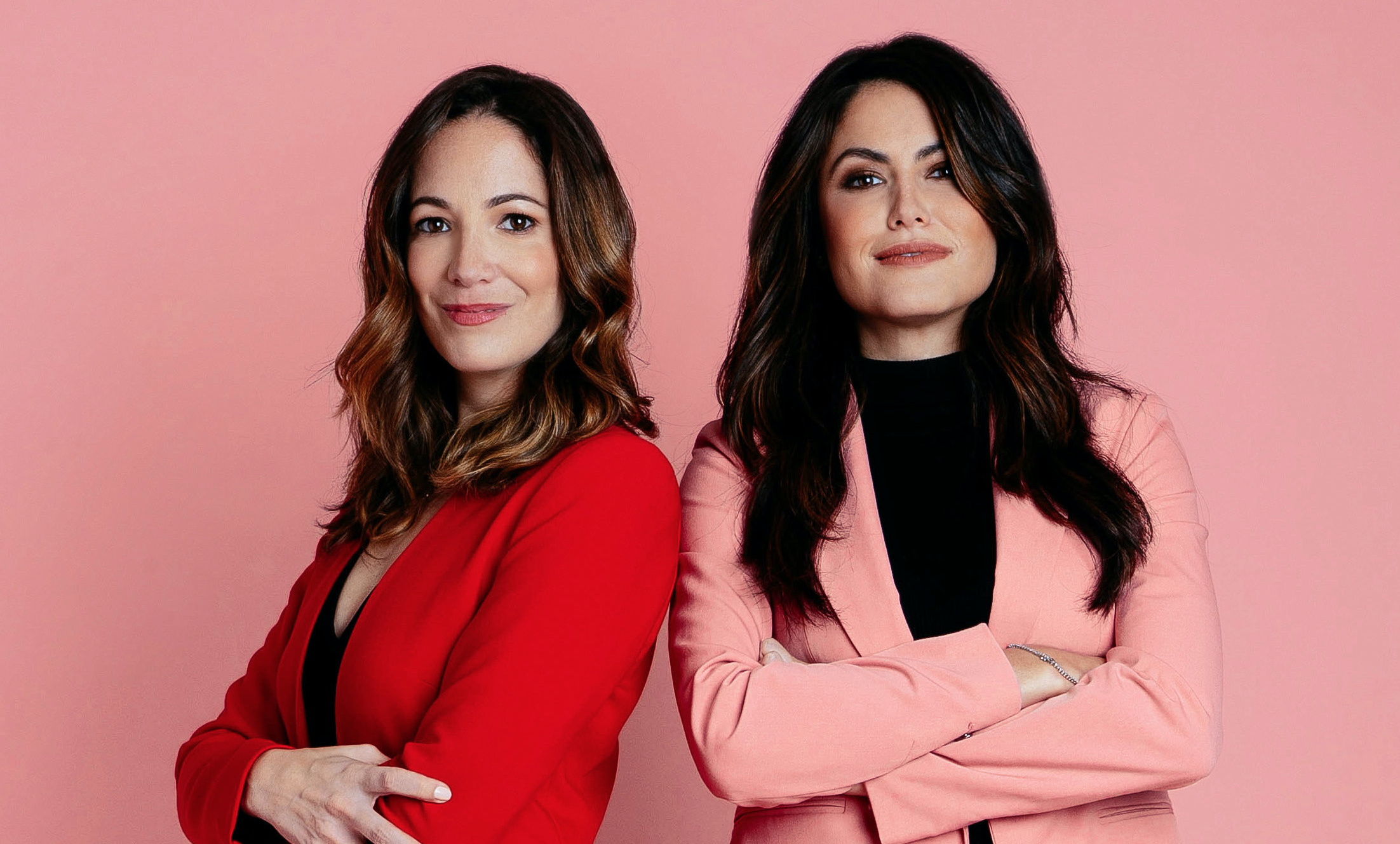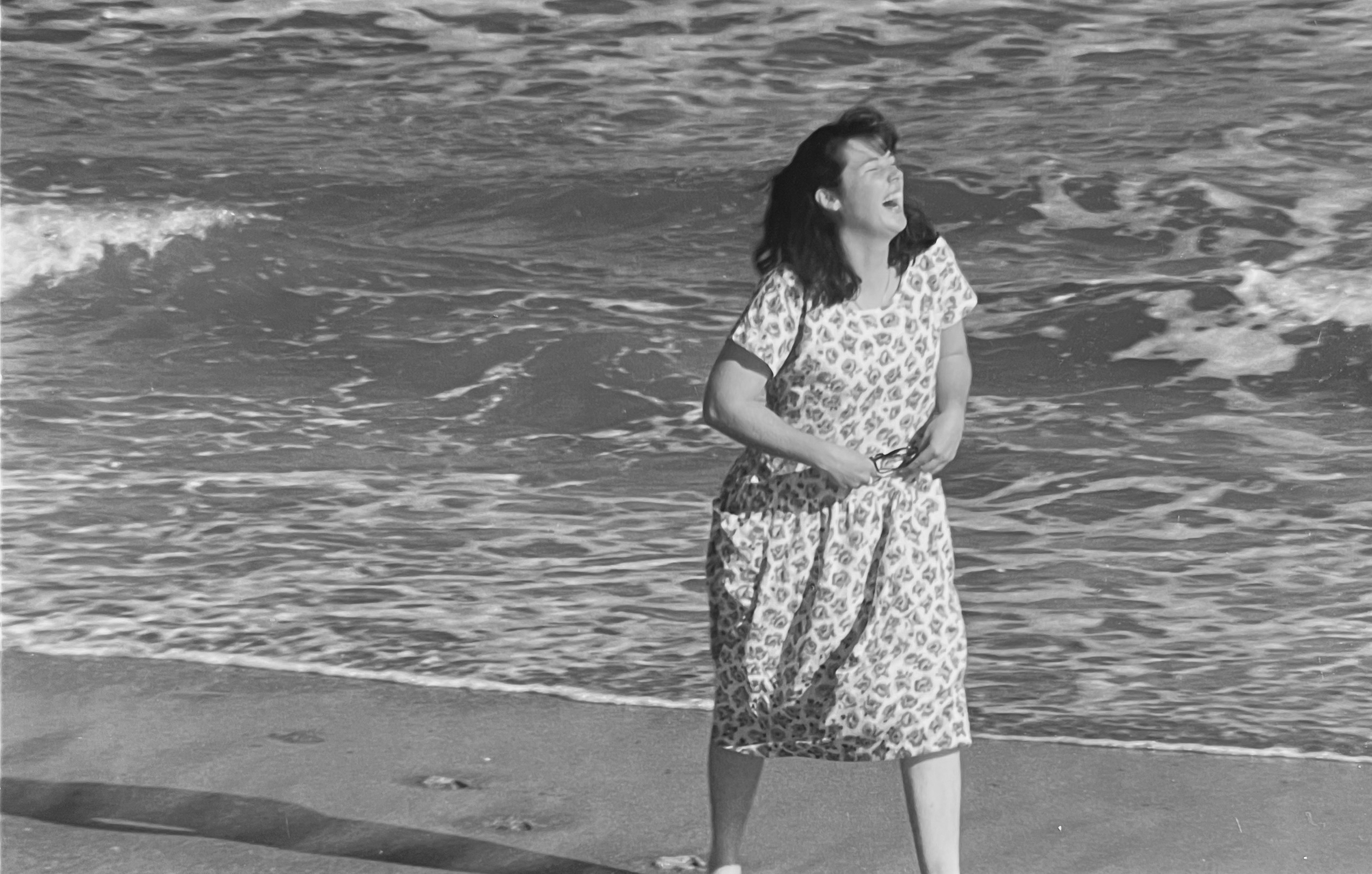
We’re all familiar with the idea of a figurative and literal Mt. Everest, alluding to the seemingly impossible circumstances we often face in life that teach us more about ourselves and our ability to rise up despite the odds. For author OB/GYN, speaker, and reproductive rights advocate Mimi Zieman, she had to navigate a figurative Everest while scaling the actual mountain itself!
Her forthcoming memoir Tap Dancing on Everest, (April 2, 2024, Falcon Guides) is filled to the brim with messages about empowerment, and how we make tough decisions when our back is up against the wall.
In 1988, Mimi was the medical officer, and only woman, on the Everest Kangshung Face Expedition—at only 25, and still a third-year medical student in New York City. Young, inexperienced, and wracked with self-doubt, Mimi nonetheless took on the daunting medical role for the ‘88 expedition: risky in that it would be the first to try to venture up the treacherous East Face of the mountain, with no Sherpa support, and no supplemental oxygen. At 17,800 feet, her worst fears come true when her skills are tested to save life and limb. Working at the knife-edge of her limitations, she digs deeply to fight for the climbers’ lives and to find her voice.
Aside from her forthcoming book, Mimi is also a reproductive rights advocate. She received the Georgia 2019 “Women Who Dare” award from the National Council of Jewish Women, where she currently chairs the reproductive justice committee. In the aftermath of the 2022 U.S Supreme Court Dobbs decision which overturned Roe v Wade, Mimi turned her frustration into a play titled The Post-Roe Monologues, which has been performed in multiple cities across the United States.
Sparkling with suspense and vulnerability, Tap Dancing on Everest is a coming-of-age story about the risks we take to become our truest selves. Mimi weaves her childhood as the daughter of immigrants raised in 1970’s New York City, her father a Holocaust survivor, with adventure and medicine, capturing the curiosity and awe of a young woman as she faces down messages to stay small and safe and ventures into the unknown.
Here’s what she told us about her new book, her advocacy for reproductive rights, and the message she has for especially young women who dare to do things differently.

When did you begin writing ‘Tap Dancing on Everest’, and what made you want to tell this story?
I wanted to tell this story when I returned from Mt. Everest in 1988 but that would have been a very different book focused only on our extraordinary adventure.
Five years ago, I resigned from an intense job and the following day I started writing. I was thrilled to have the time and headspace to devote to this story after so many decades. I couldn’t wait to sit at my desk all day and even woke up in the middle of many nights to jot down sentences and ideas. So much of what I was writing was about my family, and I realized that the story I wanted to tell now was also about how and why I joined this team on the remote East Face of Everest in Tibet after being raised as a city girl. It became a coming-of-age story about “survival” with all its different meanings.
Taking on Everest is certainly not for the faint of heart, but on top of this you were the team’s doctor as a third-year medical student! What made you say “yes” to this expedition?
That is one of the central questions of the book. As the daughter of immigrants who were busy building lives in a new country, I felt alone to search for my path in life. I had wanted to be a Broadway dancer but didn’t feel brave enough to risk auditions, rejections, and the possibility of struggling to earn a living. Soon after relinquishing this dream, I discovered the beauty, solace, and inspiration of the mountains. I was drawn to spend time in nature in the same way I was drawn to dance, and what I’ve learned through unpacking this story is that when I follow my gut in “unlikely” directions, I get closer to authentic parts of myself.
After slinging on a backpack to hike solo through Nepal before medical school, I was invited to join the Everest team. Although I felt unqualified to serve as team doctor, I didn’t want to miss this opportunity to spend months living in the majesty of the Himalayas. Unlike with dance, I risked it all and jumped in.
Why did the team choose to do the climb without supplemental oxygen or porter support?
The climbers were extraordinary mountaineers who subscribed to a purist ethos. I didn’t realize until I wrote the book that this was also why we didn’t have team radios for communication. When three climbers went missing high on the mountain, we were devastated, and we had no way to find out what had happened.

As the only woman on the team, what challenges or barriers did you face along the way, and how did you navigate them?
As a feminist and the only woman on the team, I put pressure on myself to represent my gender well. I was determined not to complain and to keep up when we were hiking even if no one else noticed. We were a small team with only six people. The other non-climber was our photographer, but he had served in the Navy and fit in better with the way that men relate to one another, like throwing their shirts off on a sunny day.
I missed the company of women and how we talk about everything as a way to process our experiences. I spent a lot of time writing in my journal and listening to female musicians like Joni Mitchell, Joan Armatrading, and Blondie. I write about dealing with menstruation in the snow and learning to use a pee bottle like the men so I wouldn’t freeze leaving the tent at night. Unfortunately, I was sexually harassed by the locals on our hike toward Base Camp. There had been only two prior expeditions to the East Face that had no female team members, so the locals had little experience interacting with western women.
Fast forward to today, as a reproductive rights advocate, an OB/GYN, author, speaker, a grandmother, and recipient of the 2019 “Women Who Dare” award from the National Council of Jewish Women, what does it mean to inhabit these roles and identities?
I specifically chose the specialty of OB/GYN to advocate for women. I feel empowered when I use my voice to fight for women’s rights, and I’m so grateful that I pivoted to writing as a new way to elevate women’s stories.
We love that you have also taken your advocacy and passion for reproductive rights to the stage, having written the “Post-Roe Monologues” which has been performed in multiple cities across the United States. How did this play come about and what inspired you to write it?
A week after the Dobbs decision, I was on a Zoom meeting to brainstorm ways to educate the community about the repercussions for abortion access. I had a lightbulb moment, inspired by the Vagina Monologues, to write “The Post-Roe Monologues.” I wanted to use storytelling to engender compassion. It was the perfect confluence of my experience as an OB/GYN, advocate, and writer. I also conducted interviews with diverse people in the community to create composite fictional characters.
Six weeks later, we had the first performance in Atlanta featuring professional actors and 350 people came. We invited various community groups to table outside the theater and there was a tremendous feeling of unity in the face of this obstruction to women’s rights and justice.

As chair of the NCJW reproductive justice committee, what is your advocacy work currently focused on with the organization, given what is currently happening in the US and around the world?
Our advocacy and community service work are focused on reproductive health and justice, fair judiciary/voting integrity, maternal and infant health care, sensible gun ownership, refugee and immigrant resettlement, and education.
One of our signature service projects since Dobbs is making Post Abortion Comfort Care Kits and distributing them to clinics serving low-income patients. We also lobby our local legislators and present community education programs.
You posted a beautiful photo holding your first grandchild on Instagram, which showed so much joy! When you look at your granddaughter, what kind of world do you hope she inherits, especially with regard to reproductive freedom, and how do you hope to help usher this in?
I think we’re all shocked that our daughters have fewer reproductive rights than we had. Working in healthcare, I see firsthand how women are suffering when they cannot access abortion or must travel for one. My hope is that these setbacks galvanize voters, as has happened since Dobbs every time abortion is on a state ballot.
Many people – in particular men – who saw my play said they understood abortion access in a new way. So, I will continue to take care of women in the clinic, to write and to speak. People like you are doing critical work by highlighting this issue. I hope everyone gets involved to make the world safer and more joyful for my granddaughter. My father was the only survivor of the Holocaust from his family, and I’m often grateful that he isn’t alive to see these rollbacks of rights and threats to democracy.
Your story as a doctor climbing Mt Everest inspires such a sense of adventure and pushing boundaries on the highest literal and figurative summits in life, for us! What message do you hope readers will take away, and what kind of barriers do you hope they will break in their own lives?
Thank you! I hope readers will break the barriers that prevent them from connecting to their truest selves, dreams, and aspirations. Following my intuition and spending time in nature helped me do this.
My message is that it’s okay to take things on when you’re afraid, when you don’t feel like the best candidate, or when you’re stymied by self-doubt. I felt all those ways about taking on the role of Medical Officer but grew enormously from the experience.
As women we often underestimate ourselves. Courage isn’t about feeling confident but about moving forward despite fear. I hope readers will be inspired to embrace vulnerability, dream big, and jump in.
You can pre-order a copy of ‘Tap Dancing on Everest’ HERE, get familiar with Mimi Zieman’s work, including ‘The Post-Roe Monologues’, HERE, and follow her on Instagram and Twitter.

















